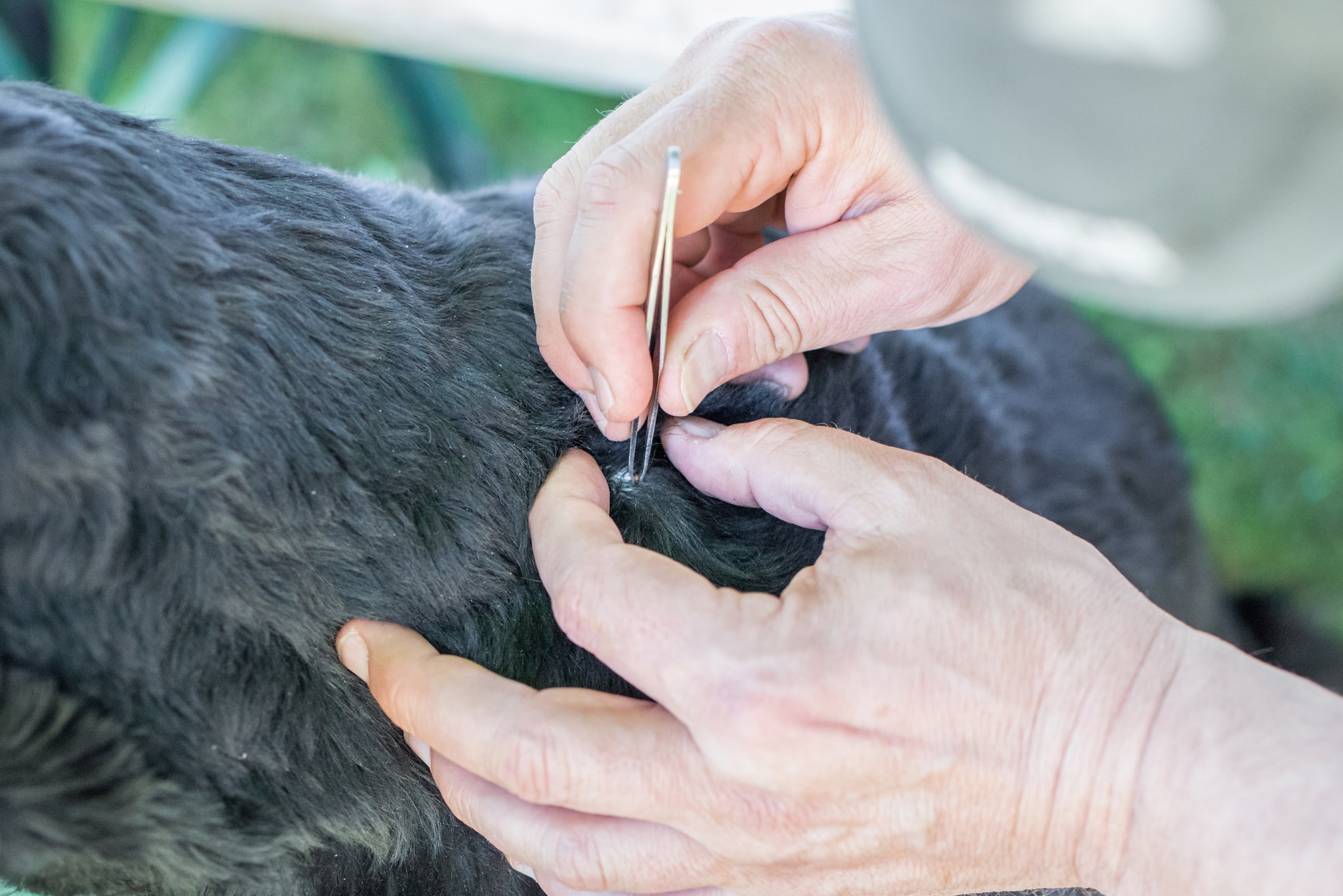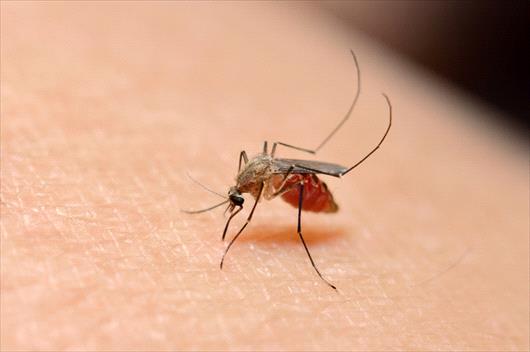Your Cart

Protect Your Dog From Mosquito- and Tick-borne Illnesses
Apr 05, 2024
Canine Heartworm, Lyme Disease, and More
Ticks and mosquitoes are dangerous carriers of harmful diseases, but not just for us! Our furry friends are at risk too, especially if they spend a lot of time outside. Dogs can contract Lyme disease from a tick bite and heartworm from a mosquito bite, but that’s just the beginning. Here are the most common mosquito- and tick-borne illnesses in dogs, plus what you can do to protect them. You may already give your dog regular medication for heartworm prevention, but do you know what exactly you’re preventing? Heartworms can’t be passed directly from dog to dog (or from dog to human). In fact, the only way a dog can be infected with heartworms is by a mosquito bite… and it’s pretty gross! When a mosquito bites a dog or other animal that is already infected with heartworm, the mosquito picks up microfilariae (AKA: small, baby parasitic worms). For the next couple of weeks, the microfilariae mature into larvae inside the mosquito. When the mosquito then bites another dog, the larvae enter the dog at the site of the bite. It takes several months for the larvae to mature into adult heartworms inside your dog, at which point they mate and produce offspring. The full lifecycle of a heartworm is 5-7 years, and a dog can carry anywhere from 1 to hundreds of heartworms at one time! Complications from heartworms can start as mild as a cough but can become severe, causing heart, lung, liver, and kidney complications, which can ultimately result in death. There are some treatments available to eliminate heartworm, but the best treatment is prevention! The more you can limit your dog’s exposure to mosquitoes and their dangerous bites, the better. In addition to heartworm, mosquitoes also spread several other canine diseases, with a wide range of possible symptoms. West Nile Virus in Dogs: Often, this illness will not present any symptoms in dogs. However, older dogs and dogs who are immunocompromised may develop neurological complications, such as convulsions, tremors, and difficulty walking. Eastern Equine Encephalitis in Dogs: While it usually infects birds and horses, the “sleeping sickness” can be spread to dogs by mosquito bites. It’s difficult to diagnose and can become severe within a couple days, causing fever, diarrhea, seizures, and depression. Tularemia in Dogs: Your dog can contract tularemia from a mosquito bite or by ingesting an infected animal (usually rodents and rabbits). The bacteria causes serious infections, masses in the liver, fever, lymph node pain, and organ failure. Just as we need to protect ourselves fromLyme disease-carrying ticks, we also need to keep our pets safe. Dogs are at just as much risk of contracting Lyme disease as we are, and the symptoms are similar. Signs of Lyme disease in dogs include fever, swollen joints, limping, loss of appetite, lethargy, and kidney problems. If you suspect your dog may have Lyme disease, your vet can perform a blood test to look for the antibodies and a urine test to determine whether your dog’s kidneys have been affected. It’s important to stay on top of your dog’s tick prevention, even if your dog spends most of the time indoors. After your dog has been outside, check carefully for ticks and remove them properly and promptly. In addition to Lyme disease, ticks carry and spread several other harmful illnesses to dogs. Rocky Mountain Spotted Fever in Dogs: Caused by a few different varieties of tick (the American dog tick, the Rocky Mountain wood tick, and the brown deer tick), this illness is common all across North America, not just near the Rocky Mountains. Symptoms include fever, reduced appetite, swollen lymph nodes, joint pain, and low platelets, as well as neurological complications. Canine Ehrlichiosis: Caused by a few different varieties of tick (the brown dog tick, the lone star tick, and the American dog tick), this illness causes fever, low blood platelets, and reduced appetite. Anaplasma in Dogs: Spread by the black-legged tick, this illness is similar to Lyme disease with the added trouble of bleeding disorders. Babesiosis in Dogs: This illness causes anemia, lethargy, pale gums, dark urine, and jaundice. It is spread by tick bites or contaminated IV blood and can be passed from a pregnant mother to her puppies. Bartonella in Dogs: Also called “Cat Scratch Fever,” this illness is carried by fleas, ticks, and lice, and is often transmitted by the scratch of an infected cat. It causes fever, swollen lymph nodes, muscle soreness, nosebleeds, vomiting, diarrhea, and heart inflammation. Hepatozoonosis in Dogs: Unlike the other illnesses on this list, which are spread by a tick bite, a dog can become infected with this illness by ingesting an infected tick. It is most common in the southern United States and is often fatal. Symptoms include fever, anemia, and muscle atrophy. We know you love your dog. That’s why Mosquito Hero helps protect your family–your whole family, pups included–from dangerous ticks and mosquitoes. Our mosquito control services and tick control service give you custom, targeted control and monthly service from a trained professional, effectively reducing the mosquito and tick populations in your yard. Act now to keep your pets safe all season long. Find a Mosquito Hero near you and get a free quote today! .jpg)
Mosquito-borne Illnesses in Dogs

Tick-borne Illnesses in Dogs
Protecting Your Dog from Mosquito- and Tick-borne Illnesses
 English (CANADA)
English (CANADA) English (USA)
English (USA)





